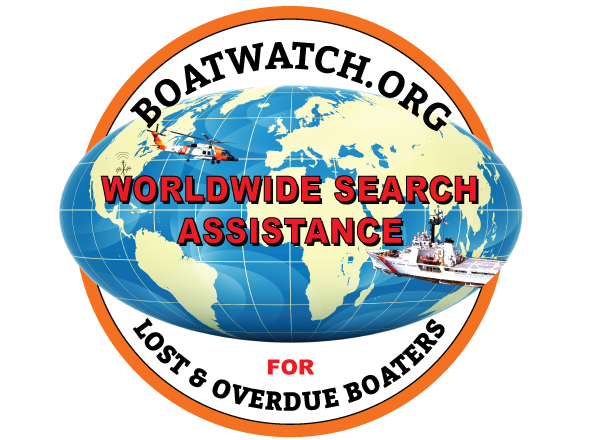By Captain George Livingston – Veteran’s Day this year got me thinking about the one military service branch I know well, the United States Coast Guard. Apparently, in mid-November, the House subcommittee on Coast Guard and Maritime Transportation met to discuss Commercial and Passenger Vessel Safety. Recent casualties involving the dive boat Conception and last year’s DUCK boat sinking have drawn new scrutiny to the USCG’s oversight of passenger vessel operations. The head of the U.S. National Transportation Safety Board’s Marine Safety Office, Mr. Brian Curtis, critiqued the U.S. Coast Guard’s willingness to tighten safety rules for passenger vessels based on evidence from past small-vessel casualties.
Mr. Curtis read into the record a list of prior recommendations which the USCG has not yet implemented – rules that (in NTSB’s view) could have mitigated or prevented accidents with multiple loss of life. “We greatly appreciate that the USCG sees our work as adding value, even if that means we must be at times critical of the organization’s regulations and processes,” said Curtis. According to the Los Angeles Times, the U.S. Coast Guard has often rejected National Transportation Safety Board recommendations.
Responding to the critique, Rear Adm. Richard Timme, USCG Assistant Commandant for Prevention Policy stated: “We have to take [each NTSB] recommendation into a different framework – not just the recommendation itself, but the rulemaking, the guidance, the workforce, and the ecosystem it would go into.” However, he said that in the wake of the Conception fire, his office’s post-casualty review would include revisiting prior NTSB recommendations.
There is no doubt that the fire and sinking of the dive boat Conception off Southern California and the Table Rock lake Duck boat sinking were shocking and deserve the collective attention of all of us, including the governmental agencies responsible for maritime safety in the United States. Having said that, let’s take a step back and review some very important issues.
First of all, globally, maritime accidents like their aviation counterparts, are in a long-term downtrend. Specifically, the high frequency, low consequence accidents. This makes sense, an effort to reduce accidents the low hanging fruit (high frequency, low consequence accidents) will be easiest to reduce or eliminate. That, however, leaves low-frequency accidents with high consequences to be problematic. If those of us in the transportation industry are going to be honest, we will have to admit to the difficulty of stopping those rare accidents that have very serious consequences to Public Safety.
Secondly, here in the United States, the two primary agencies involved in maritime accidents are the United States Coast Guard and the National Transportation Safety Board, however, their roles are different. The primary mission of the USCG is to ensure the nation’s maritime safety, security and stewardship. The NTSB is an independent investigative agency responsible for all modes of civil transportation accident investigation. The fact is that the USCG’s role is far more complex, far more encompassing with far more impact and consequence to maritime safety and security than the NTSB’s is.
Thirdly, and not to be trite in the face of awful accidents, but hindsight is 20-20. It is simply too easy to start taking swipes at the USCG after the fact, especially if the agency criticizing isn’t responsible for any follow-through. No matter how professional, how well run, how transparent, when a rare, improbable event occurs with extreme consequences it will look bad. Without a crystal ball, however, how is it prevented?
No organization, agency or individual has a perfect record and although common sense and prudence demand continual improvement when it comes to Public Safety, some room must be made for the idea of lessons learned while simultaneously acknowledging previous good efforts employed.
It is easy enough for the NTSB to be critical of the USCG, as the NTSB is not the agency responsible. In military jargon, the NTSB is staffing, the USCG is operations, where the rubber meets the road. The NTSB has the leverage position in the relationship, the scrutiny is one way.
In my four decades as a civilian mariner, I’m not sure I’ve ever seen better USCG leadership then now exits. It would not surprise me if most serving in the Coast Guard agree. That doesn’t mean they are mistake-free, it does mean they deserve a lot more commendation than condemnation. Semper Paratus
Captain George Livingstone is a San Francisco Bar Pilot, co-author of ‘Tug Use Offshore’, contributing author of ‘IMPA On Pilotage’ and a regular contributor to gCaptain.
